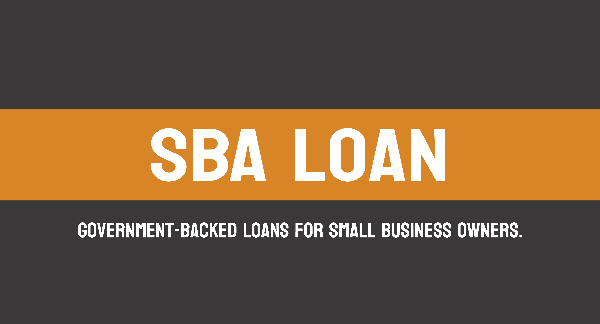
Access to capital is a vital component of small business success. Today, entrepreneurs have a variety of funding options to support growth, manage cash flow, or expand operations. Understanding these funding sources can help small business owners choose the best path to meet their financial needs.
Traditional Bank Loans
Despite the rise of alternative financing, traditional bank loans remain a popular option for small businesses. These loans typically offer lower interest rates and longer repayment terms, making them attractive for established businesses with excellent credit. To qualify, businesses usually need strong financial statements, collateral, and a solid business plan. While the approval process can be more lengthy than alternative financing, traditional bank loans provide affordable funding that can be used for equipment purchases, real estate, working capital, or operational expenses.
Small Business Administration (SBA) Loans
For decades, SBA loans have been a trusted funding avenue for small businesses. These loans are partially guaranteed by the SBA, which reduces the lenders’ risk and enables more favorable terms for borrowers. SBA loans have competitive interest rates, longer repayment periods, and lower down payment requirements. They are ideal for businesses looking to finance large projects, buy real estate, or expand operations. The application can be more involved then a traditional or alternative loan due to the government’s involvement in the program, but the benefits make it a popular choice. Fintech lenders like NEWITY have recently made the SBA 7(a) working capital loan process faster and more streamlined.
Alternative Lenders and Fintech Solutions
The landscape of small business funding has evolved with the growth of online lenders and fintech platforms. These options typically offer faster approval times and more flexible qualification criteria. They are particularly suitable for startups or businesses with less established credit. Funding through alternative lenders can be used for various purposes, including working capital, inventory, or marketing. While interest rates might be higher than traditional loans, the speed and convenience often outweigh the costs.
Merchant Cash Advances and Revenue-Based Financing
For businesses with strong credit card sales or revenue streams, merchant cash advances (MCAs) and revenue-based financing are viable options. These are typically short-term funding solutions with repayment tied directly to daily sales or revenue, offering flexible repayment schedules. They can be useful for covering short-term gaps or funding rapid growth, with quick access to funds and minimal qualification barriers.
Conclusion
In the current borrowing environment, small business owners have a diverse range of funding options beyond traditional bank loans. From SBA-backed programs to innovative fintech solutions, understanding each financing type helps entrepreneurs select the best fit for their growth objectives. Proper research and strategic planning are essential to secure the capital needed to thrive in today’s competitive marketplace.


